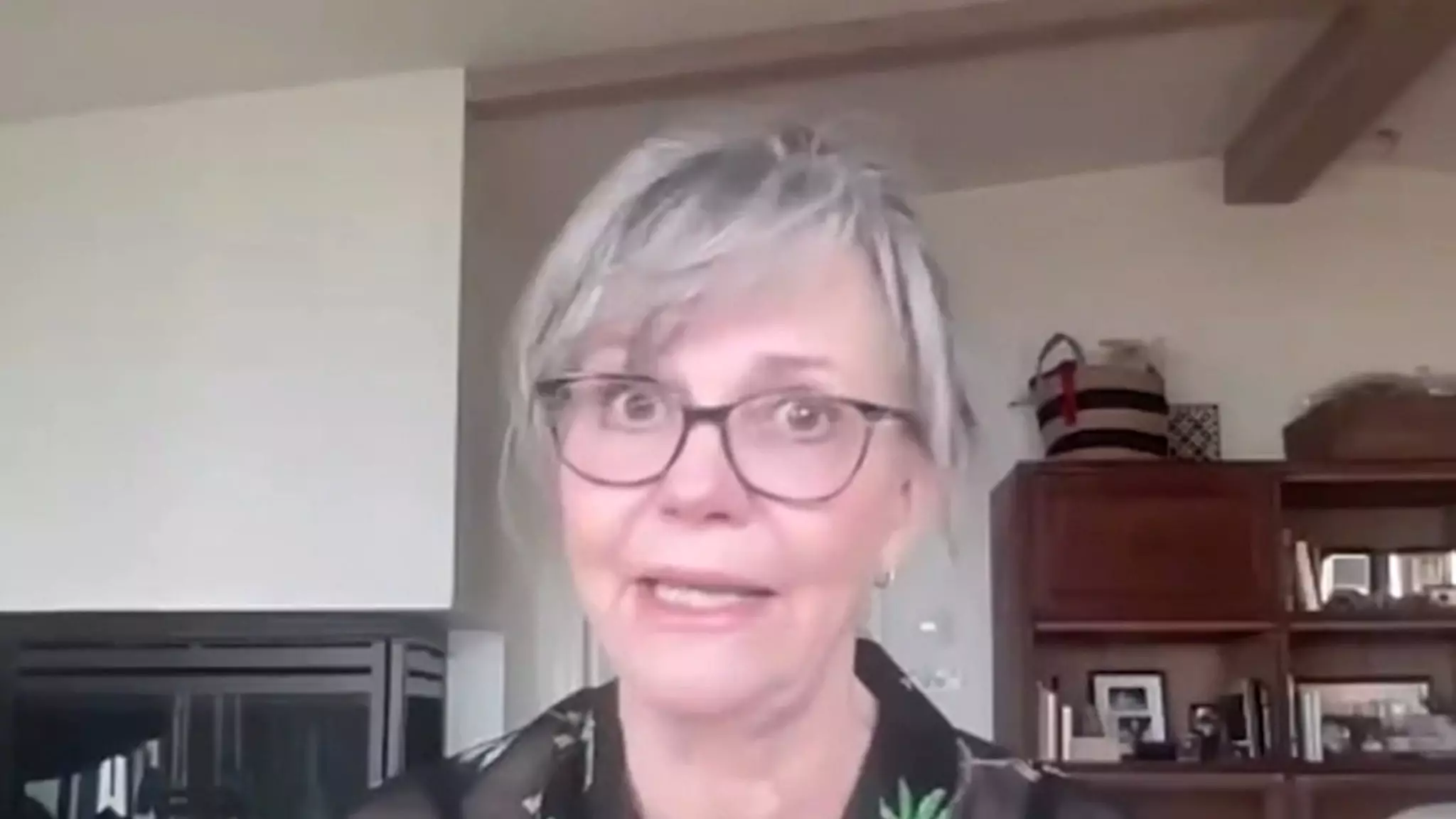Sally Field, the acclaimed actress and two-time Oscar winner, has made headlines recently by revealing her deeply personal account of an illegal abortion, with hopes of inspiring voters ahead of the upcoming election. In a poignant video shared on Instagram, she opened up about her traumatic experience that unfolded when she was just 17 years old, shortly after graduating from high school. Field’s brave decision to share her story comes at a critical time when reproductive rights are a contentious topic in the political arena.
Field’s situation was fraught with challenges. Lacking both financial resources and family support, she found herself in a dire predicament—pregnant and uncertain about her future. This vulnerability led her to seek help from a family doctor who facilitated her journey across the border to Mexico for an abortion, highlighting the desperate measures women have historically taken in the face of restricted reproductive rights.
The journey that Field undertook was not just a physical crossing of borders; it symbolized the lengths to which women have gone to secure autonomy over their bodies in a society that often fails to provide support. She recounted the experience of driving into Tijuana with her doctor, his wife, and her mother, culminating in a nerve-wracking encounter three blocks away on a street that Field described as “scroungy-looking.” The stark imagery she presents underscores her feelings of vulnerability and fear at that moment.
Upon arrival, Field was handed an envelope filled with cash with a directive to return to her doctor afterward, a move that encapsulates the clandestine nature of such procedures during a time of stringent laws. The lack of a safe and supportive environment not only highlights the systemic failures concerning women’s health but also paints a painful picture of the stigma associated with abortion.
A Harrowing Experience
What followed was nothing short of horrific, as Field vividly described undergoing the procedure with minimal anesthetic. The absence of proper care turned the experience into a nightmarish ordeal marked by physical pain and emotional trauma. Field’s account of receiving “a few puffs of ether” during the procedure reveals the shocking reality faced by many women seeking abortions in unsafe conditions—an aspect that is often overlooked in debates surrounding reproductive rights.
Moreover, her experience was compounded by a violation of personal agency, as she recounted a disturbing incident during the procedure where she was subjected to unwanted physical contact. Her helplessness in that moment encapsulated the broader theme of women’s vulnerability within a system that often prioritizes control over care.
Field’s decision to expose her past is not merely an act of personal catharsis; it serves a greater purpose. She makes clear her intention to reach voters as they head to the polls, emphasizing the importance of choosing candidates like Kamala Harris, who stand firm on abortion rights and access. By sharing her story, Field aims to remind people of the realities faced by many women and the need for compassionate policies that protect reproductive autonomy.
Sally Field’s courageous revelation underscores the importance of sharing personal narratives in the fight for reproductive rights. Her story serves as a powerful reminder of the human experiences behind the political discourse, urging society to listen, empathize, and advocate for meaningful change. As the dialogue surrounding abortion continues to evolve, it is essential to recognize and address the complexities surrounding women’s health and the critical need for supportive legislation.

